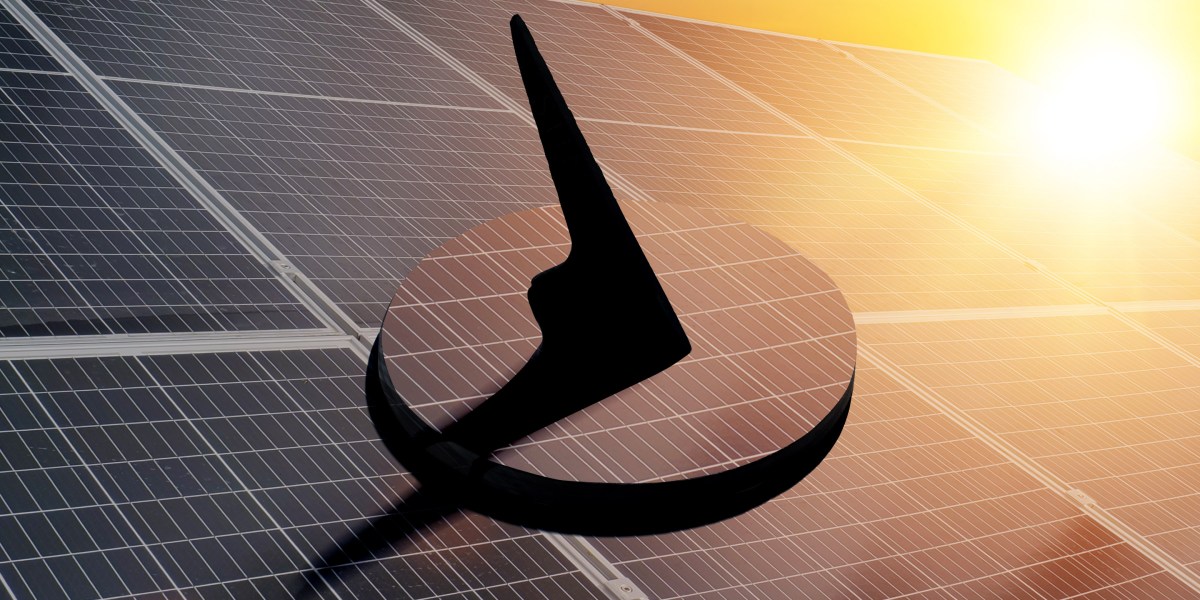
Other testing in more intense conditions has found less positive results, with one academic study finding that perovskite cells in hot and humid Saudi Arabia lost 20% of their efficiency after one year of operation.
Those results are for one year of testing. How can we tell what will happen in 30 years?
Since we don’t have years to test every new material that scientists dream up, researchers often put them through especially punishing conditions in the lab, bumping up the temperature and shining bright lights onto panels to see how quickly they’ll degrade.
This sort of testing is standard for silicon solar panels, which make up over 90% of the commercial solar market today. But researchers are still working out just how well the correlations with known tests will transfer to new materials like perovskites.
One of the issues has been that light, moisture, and heat all contribute to the quick degradation of perovskites. But it hasn’t been clear exactly which factor, or combination of them, would be best to apply in the lab to measure how a solar panel would fare in the real world.
One study, published last year in Nature, suggested that a combination of high temperature and illumination would be the key to accelerated tests that reliably predict real-world performance. The researchers found that high-temperature tests lasting just a few hundred hours (a couple of weeks) translated well to nearly six months of performance in outdoor testing.
Companies say they’re bringing new solar materials to the market as soon as this year. Soon we’ll start to really see just how well these tests predict new technologies’ ability to withstand the tough job a commercial solar panel needs to do. I know I’ll be watching.
Related reading
Read more about why super-efficient tandem solar cells made our list of 10 Breakthrough Technologies in 2024 here.